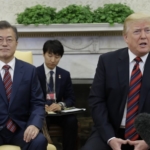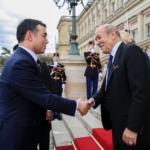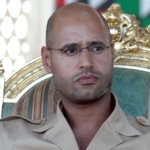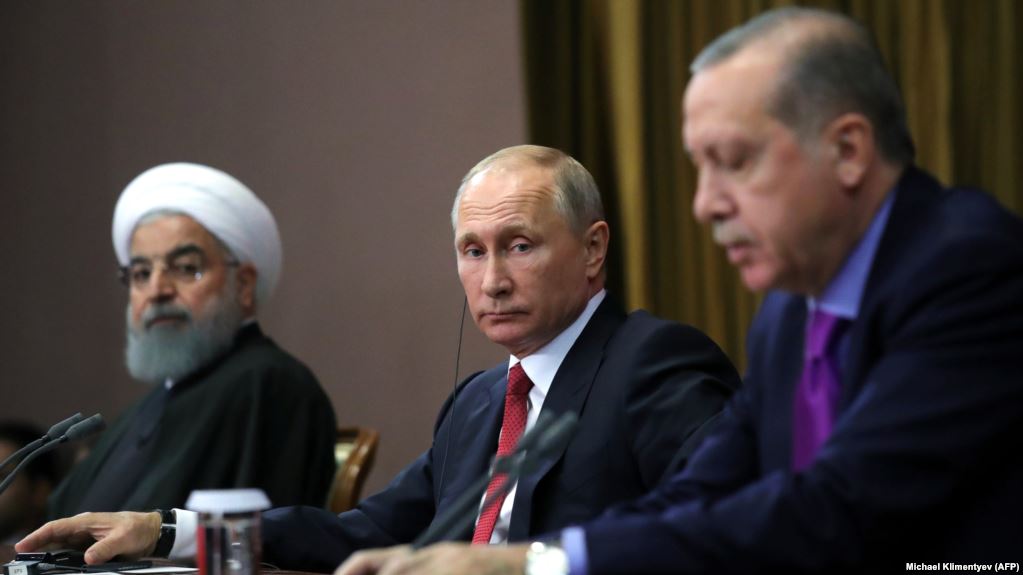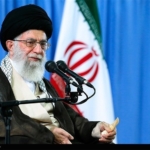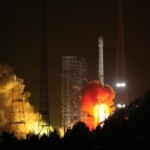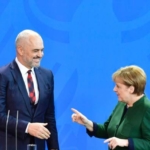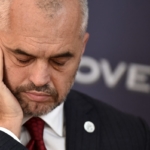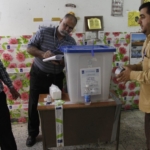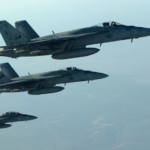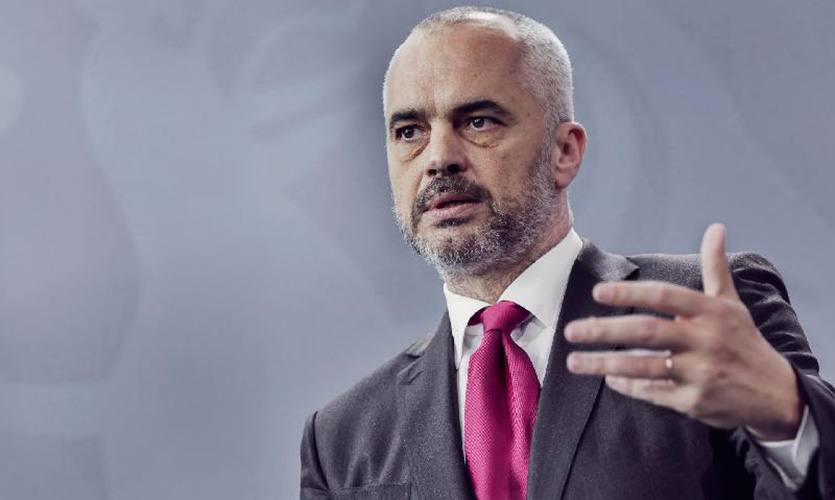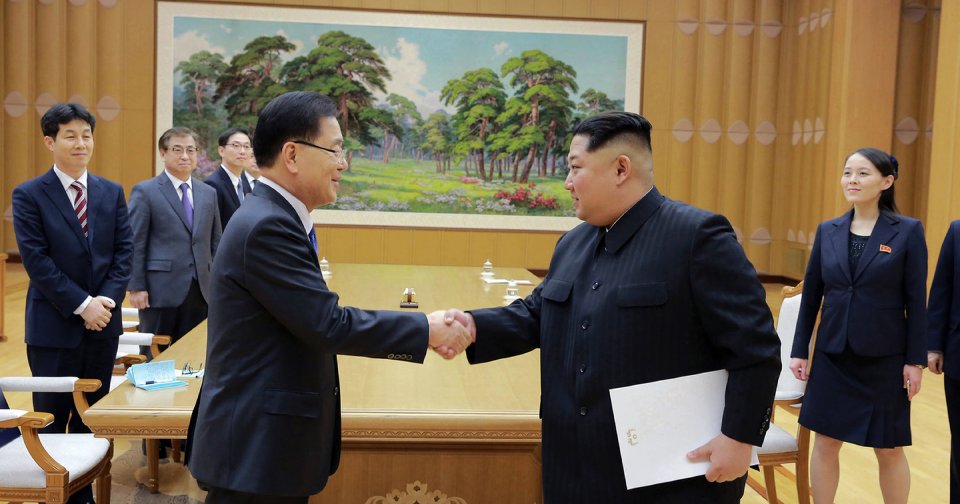North Korea offers to give up nukes if US vows not to attack
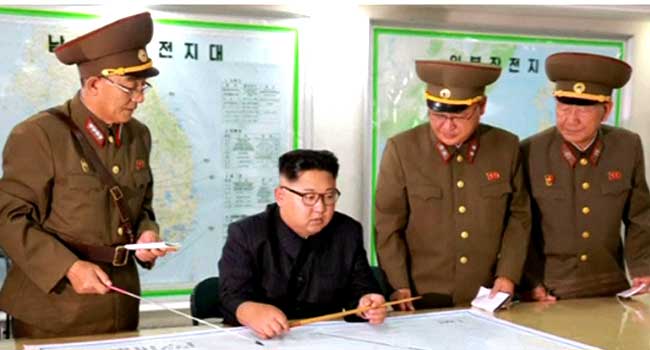
After making a very public promise to end his nuclear weapons program during his recent successful inter-Korean summit with the South Korean President Moon Jae In – now, the North Korean leader, Kim Jong Un is revealed to have said that his proclamation comes with certain conditions. A South Korean government spokesman has revealed that the North Korean leader told Moon Jae In when they met that he would abandon his nuclear weapons if the United States would agree to formally end the Korean War and promise that it would not invade his country. Further, officials in Seoul also revealed that Kim Jong Un had also vowed to invite experts and journalists from South Korea and the United States to watch the shutdown of his the only known underground nuclear test site in North Korea, next month.
The announcement came as a faith-building gesture by the North Korean leader, ahead of a summit meeting with Trump. Further, the South Korean leader also spoke with the Japanese prime minister, Shinzo Abe, to relay Kim’s willingness to also open dialogue with Tokyo, which has also felt threatened by the North’s nuclear weapons and missile development. Young-chan added that North Korea’s promise to invite outsiders to Punggye-ri reflected “Mr. Kim’s determination to actively and pre-emptively deal with the process of verifying denuclearization.”


